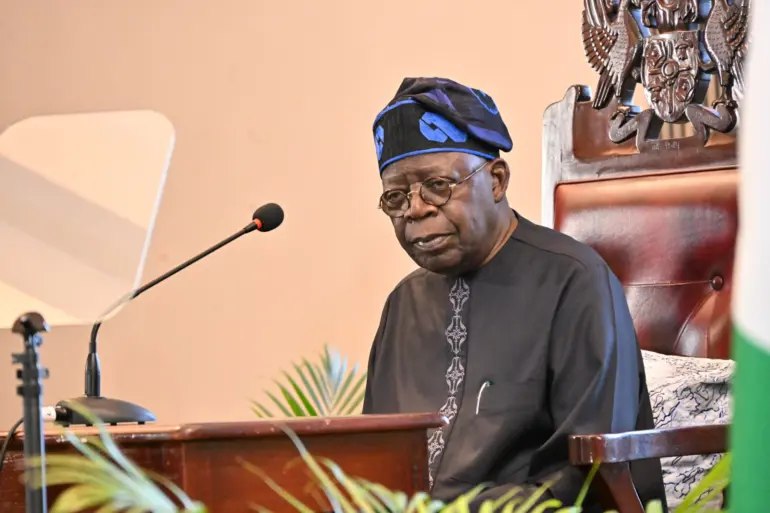The Presidency has rejected the World Bank’s recent report estimating that 139 million Nigerians live in poverty, calling the figure “unrealistic” and disconnected from Nigeria’s economic realities.
President Bola Tinubu’s Special Adviser on Media and Public Communication, Sunday Dare, wrote on his official X handle that the World Bank’s estimate must be “properly contextualised” within the limits of global poverty measurement models.
Dare explained that the 139 million figure is derived from a global poverty line of $2.15 per person per day, set in 2017 using Purchasing Power Parity (PPP). He cautioned that it should not be interpreted as a literal headcount of poor Nigerians today. At current exchange rates, he noted, $2.15 converts to about ₦100,000 per month — far above the new ₦70,000 minimum wage — further underscoring the analytical, not empirical, nature of the estimate.
He also argued that the PPP methodology relies on past consumption surveys and often fails to capture Nigeria’s informal or subsistence economies. Therefore, the government views the World Bank’s projection as a modelled global benchmark, not an accurate reflection of living conditions in 2025.
According to him, what matters is not the static number but the direction of change, and he asserted that Nigeria’s economy is now on a path of recovery and inclusive reform. He pointed to expanded welfare and intervention programs as evidence: conditional cash transfers, community-level infrastructure, micro-loans, food security measures, and credit schemes targeting small businesses, youth, and women.
The Presidency emphasized that structural reforms — such as fuel subsidy removal, exchange rate unification, and a shift toward funding productive sectors — are “painful but necessary” to address the root causes of poverty, not merely its symptoms. It claimed that even the World Bank has acknowledged signs of improving macroeconomic stability under the Tinubu administration.
The government reiterated that economic recovery must translate into real welfare gains. Its medium-term priorities are making food more affordable, creating jobs, and delivering dependable infrastructure. It also said it is consolidating welfare programs under a unified, data-driven framework to improve transparency, accountability, and inclusivity — particularly through expanding the National Social Register and scaling up national social investment programs.
In closing, the Presidency affirmed President Tinubu’s commitment to building “a resilient and inclusive economy” and insisted that Nigeria “rejects exaggerated statistical interpretations detached from local realities.” The government said it remains focused on empowering households, expanding opportunity, and laying the groundwork for a fairer, more prosperous nation.


